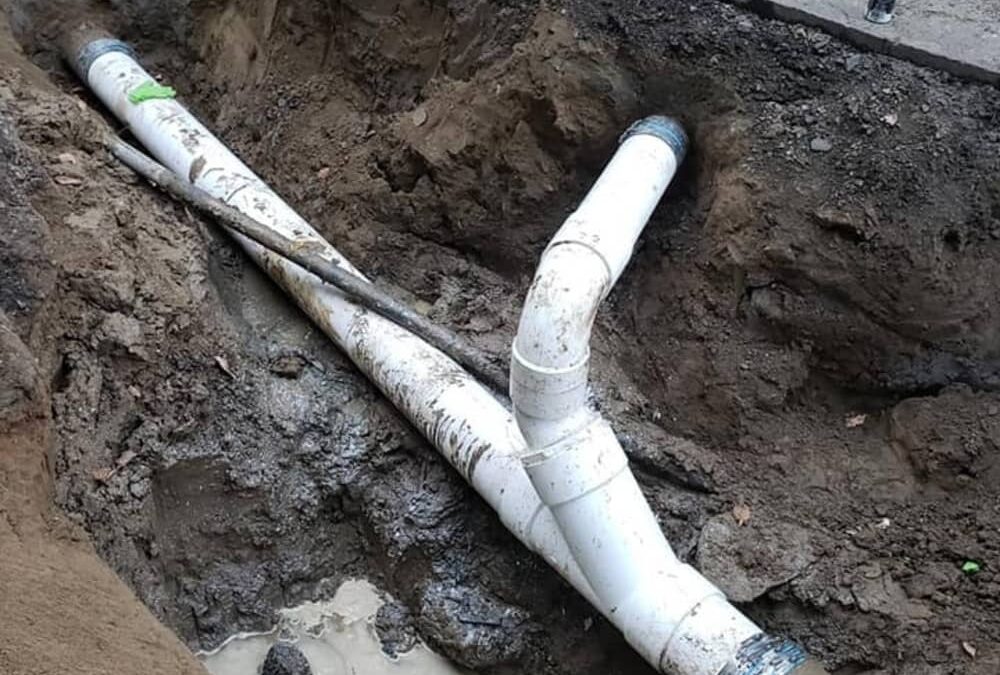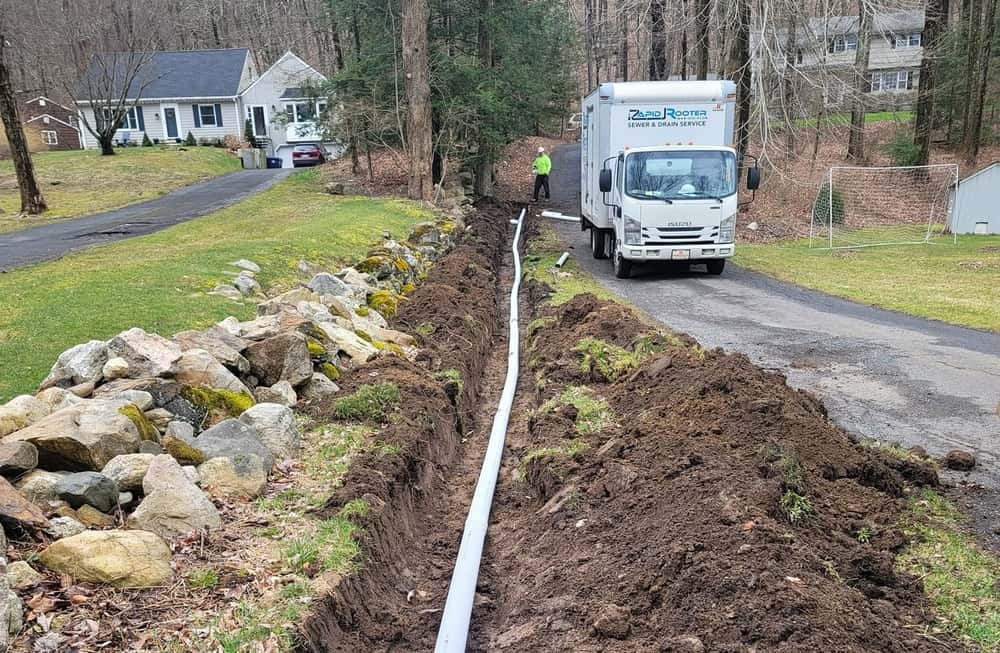Plumbing leaks can be a significant issue for homeowners, wasting water and potentially causing structural damage. When it comes to repairing a leaky pipe, knowing whether you’re dealing with copper or PVC pipes is crucial, as it impacts the method and tools you’ll need. While this guide offers step-by-step instructions to help you address leaks, sometimes the best course of action is to rely on our professional pipe leak repair service. Our experts ensure the job is done efficiently, preventing further damage and providing peace of mind.
What Are Copper Pipes?
Copper has long been considered the gold standard in plumbing, valued for its durability and toughness. It is a popular choice for both hot and cold water lines and is found in many older residences.
Advantages of Copper
- Copper has several advantages, including its durability. Copper pipes are recognized for their extended longevity, which can endure 50 years or more.
- Copper is more heat resistant than PVC, making it perfect for hot water pipes.
- Copper naturally inhibits bacterial development, keeping water safe and clean.
Challenges with Copper
- Cost: Copper is often more expensive than PVC, both in materials and installation.
- Corrosion: Over time, corrosion can cause pinhole leaks in copper, particularly in places with acidic water.
Repairing copper pipe leaks might be more difficult than PVC. The technique typically entails locating the leak, cutting the afflicted area, and soldering a new piece of pipe. To guarantee a watertight seal, you’ll need particular instruments such as a pipe cutter, solder, and torch, as well as a steady hand.
Exploring PVC Pipes
Polyvinyl chloride, or PVC, is a flexible material often used in modern plumbing. Its versatility and convenience of installation have made it a popular choice for new construction and restorations.
Advantages of PVC
- PVC offers cost-effectiveness compared to copper, with lower raw material and labor expenses.
- Installation is easy. PVC is lightweight and easy to cut, allowing for speedy installation with solvent-based adhesives.
- PVC is resistant to a wide variety of chemicals, making it an ideal material for waste and vent lines.
Challenges with PVC
- Temperature Sensitivity: Because PVC can deform or melt at high temperatures, it should not be used with hot water unless specially graded for it.
- UV Sensitivity: When exposed to direct sunshine, PVC may become brittle, resulting in fractures and leaks.
PVC pipe leak repairs are usually easier than copper pipe fixes. Most fixes involve cleaning the damaged area and sealing the leak using a PVC primer and solvent cement. Major concerns include a portion of the pipe needing to be replaced using couplings and glue.
Choosing the Right Material for Your Plumbing
The decision between copper and PVC pipes frequently boils down to individual demands and environmental circumstances.
- Water Quality: If your water is particularly acidic, PVC may be a better option because it is more resistant to corrosion.
- Climate: Copper’s resistance to thermal expansion and contraction might be useful in locations with high-temperature fluctuations.
- Budget and Longevity: Consider whether the upfront savings from PVC outweigh the possibility of early replacement compared to copper.
Common Repair Mistakes to Avoid
Whether you’re repairing a leaking pipe on your own or overseeing a professional, there are several typical mistakes to avoid.
- Improper Tools: Using improper tools might cause severe damage to the pipes. Ensure that you have the appropriate cutter, torch, or glue for the material you’re dealing with.
- Failing to Measure: Accurate measurements are critical for replacing pipe sections. A poor fit might cause leakage.
- Neglecting Safety: Always use safety gear, especially while soldering or cutting pipes.
Leak Prevention Tips
Maintaining your plumbing might help you avoid future leaks and unexpected repairs.
- Regular Inspections: Inspect your plumbing on a regular basis for indicators of wear and corrosion.
- Water Pressure Management: Excessive water pressure can stress pipes and cause leaks. Consider adding a pressure regulator.
- Water Softeners: If you have hard water, a water softener can help prevent mineral accumulation and corrosion in copper pipes.
Sealing the Deal: Plumbing Peace of Mind
In a battle of Copper vs PVC pipes, each has advantages and disadvantages. But recognizing these differences may lead to more educated and successful repairs. Whether you decide to do your own pipe leak repair or hire a professional, knowing the essentials can aid you in making an informed decision.
Rapid Rooter is your go-to resource for dealing with tough or complex leaks. We specialize in both copper and PVC pipe leak repair, so you can be confident that your plumbing is in capable hands. Don’t allow a minor drop to become a major problem. Visit Rapid Rooter or give us a call now. We’re here to assist you keep your home’s plumbing in good working order with prompt, competent service. Let us keep your water flowing where it should!


